Are the regulations of the C.G.P. derogable?
Keywords:
Procesos, ejecutivo, singular, normas, derogadasAbstract
This article is the product of a systematic investigation that addressed the questions: Are the rules of the C.G.P. derogable? And if they are, what is the rule that expressly authorizes the judge to repeal the rule? Questions that became necessary due to the copious rulings handed down by civilian judges in Colombia, where the personal criteria and private knowledge that the judges had about the resolved cases were reflected, superimposing their criteria over the norms of public order, an argument that they presented in Contrary to the pre-established order to guarantee due process, affecting due process and effective judicial protection. The investigation adopted the case study to develop the concepts and clearly and clearly show how some judges, due to specific ignorance of the rules applicable to the securities regime, resolve cases using general rules that are opposed to special rules. incurring in the normative application error under the principle of primacy of the law, substantive and in fact, which ultimately culminates in a questioned ruling. It was also evidenced that some judges in the capacity of Ad Quem or constitutional judges of first and second instance, in order not to deficiently qualify the natural judge and order to correct the ruling, choose to confirm the thesis of the natural judge, incurring in the same error, denaturing the legal system and the guarantee of rights through due process in strict application of the specific norms and applicable to executive processes. Finally, the need to have specialized judges by thematic core became evident in order to solve these root problems and thus guarantee that the rulings are handed down in harmony with the specific and applicable law, thus avoiding demands for direct reparation for service failure due to judicial error that costs the State so much. Money that could be used to train more and better judges specialized by thematic nuclei.
References
Constitución polÃtica de Colombia.
Consejo de Estado. Sección Quinta. C.P. Carlos Enrique Moreno. Sentencia 11001031500020170175301, Ene. 25/18
Corte Suprema de Justicia, Sala de Casación Civil y Agraria. STC3876-2023. Abril 26 de 2023.
GuarÃn RamÃrez, Edgar Antonio. La libertad de los jueces para fallar en positivo: un análisis de la decisión judicial como acto humano. Bogotá: Grupo Editorial Ibáñez, 2016.
Juzgado 34 Civil del Circuito de Bogotá D.C. Acción de tutela. Primera instancia. Contra del Juzgado 58 Civil Municipal de Bogotá, D.C., transitoriamente 40 de Pequeñas Causas y Competencia Múltiple. Diciembre 6 de 2022.
Tribunal Superior del Distrito Judicial de Bogotá D.C. Sala Civil Especializada en Restitución de Tierras. Acción de tutela. Segunda instancia. Contra del Juzgado 58 Civil Municipal de Bogotá, D.C., transitoriamente 40 de Pequeñas Causas y Competencia Múltiple de Bogotá D.C. Febrero 2 de 2023.
Corte Suprema de Justicia. Sala de Casación Civil. Magistrado ponente OCTAVIO AUGUSTO TEJEIRO DUQUE. STC3876-2023. Radicación Nº 11001-02-03-000-2023-01323-00. (Aprobado en sesión del veintiséis de abril de dos mil veintitrés) Bogotá D.C., 27 de abril de 2023.
Corte Suprema de Justicia. Sala de Casación Laboral. Magistrado ponente OMAR ÃNGEL MEJÃA AMADOR. STL6526-2023. Radicación N° 102641. Acta 18. Bogotá, D. C., 24 de mayo 2023).
Ley 270 de 1996, Estatutaria de la Administración de Justicia.
Ley 1564 de 2012. Código General del Proceso.
Ley 599 de 2000. Código Penal.





